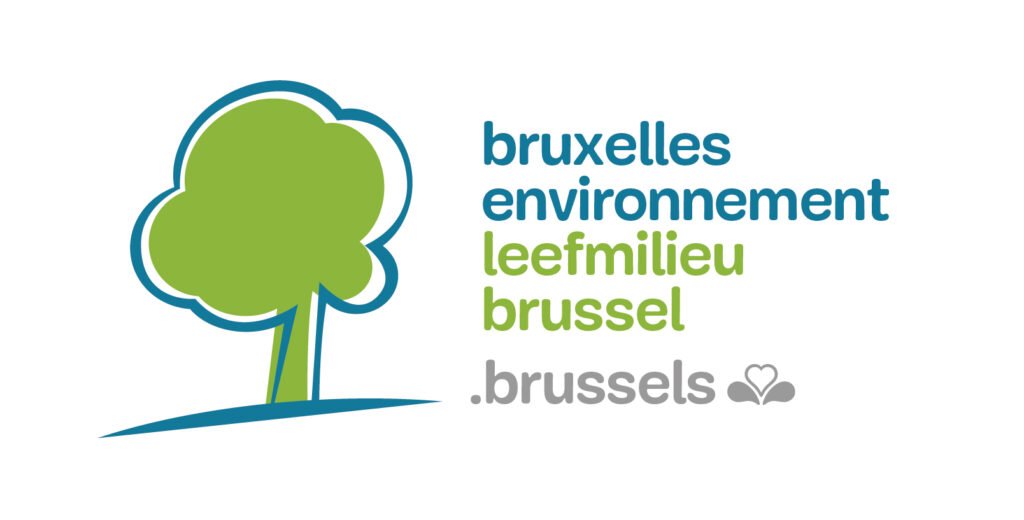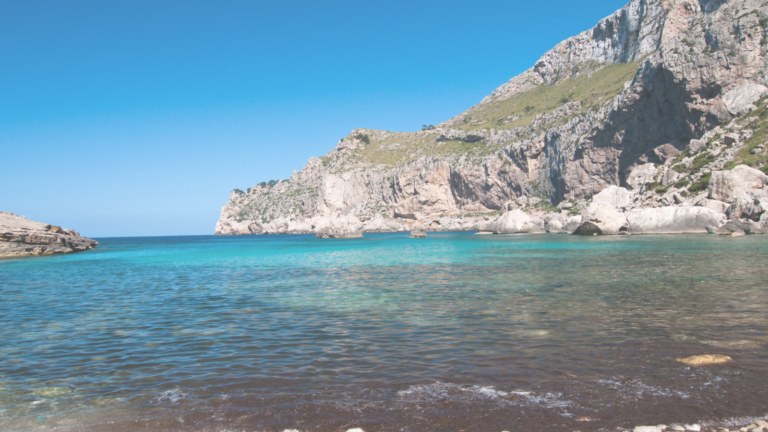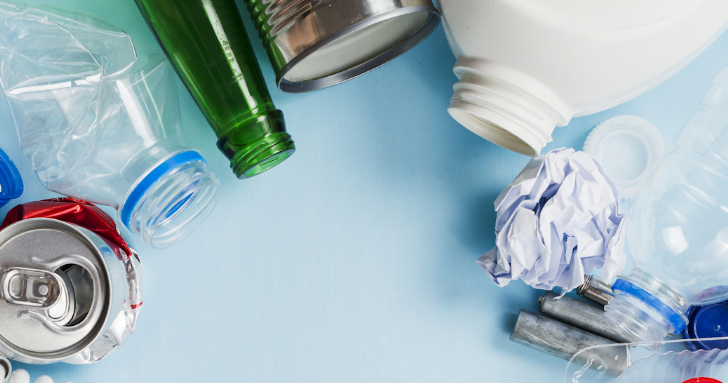On Tuesday 14th June, Zero Waste Europe and Brussels Environment, together with ZWE’s partners as part of the Erasmus+ funded project ‘Building a European Zero Waste Academy’ (BEZWA), are organising a high-level conference to showcase the project’s impact and discuss some of the key themes surrounding local level zero waste implementation in Europe today.
Register here for the conference, ‘Lessons for local zero waste implementation.’
Attendance at the conference is free and open to those in Brussels and interested in learning more about how to improve the implementation of local zero waste solutions. It will take place at the offices of Brussels Environment (Avenue du Port 86C, 1000 Brussels) from 09:00 – 12:30 on Tuesday 14th June.
The BEZWA project has developed two pioneering educational curricula that have been designed to build two specific types of actors: the first are Zero Waste Ambassadors – individuals who can support their local municipalities with the practical implementation of zero waste policies. The second target group is Zero Waste Trainers – creating individuals who are skilled and equipped to properly run training sessions that build more Zero Waste Ambassadors at the local level. These two resources, both readily available online, when combined together aim to dramatically accelerate the number of individuals who are informed, skilled and equipped to accelerate the adoption of impactful zero waste strategies.
Zero Waste Cities in Europe today are at the forefront of change. Over 460 have now committed to becoming zero waste across 12 countries, and these numbers continue to grow each month as more and more municipalities realise the benefits of adopting zero waste strategies. This high-level conference will bring together a unique group of stakeholders to examine two of the most important topics facing local municipalities today.
Register here for the conference, ‘Lessons for local zero waste implementation.’
Firstly, we will examine what good, effective organics management systems look like at the local level in 2022. With the mandatory collection of organics coming into force for EU Member States by the 1st January 2024, local governments are increasingly seeking examples of the best management practices and how they can be applied in their local context, ranging from decentralized composting to anaerobic digestion. The second panel will bring together experts to discuss what local authorities can do to foster reuse systems within their cities and communities. We will examine what can be done directly by municipalities and what they can do to foster action from a wider pool of key actors in the field of reuse. We will discuss what barriers remain in place preventing cities and businesses from further progressive action, identifying key policies and actions that the EU and national governments should be taking to catalyse impact at the local level.
We hope to see you there! If you have any questions then please contact [email protected]













